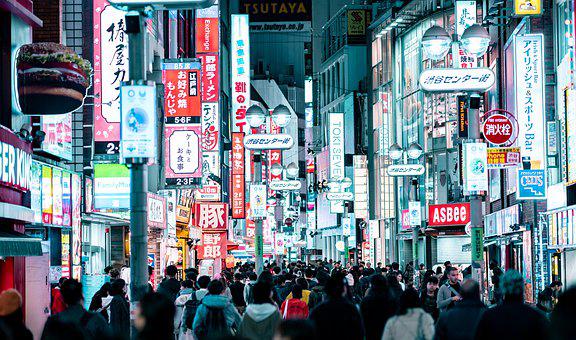Introduction
Shibuya stands as one of Tokyo’s most dynamic and accessible districts, offering visitors a perfect blend of modern urban life and traditional Japanese culture. This guide provides practical information for international travelers planning to explore this iconic area.
Getting to Shibuya
Shibuya Station serves as a major transportation hub in Tokyo, easily accessible via multiple train lines including the JR Yamanote Line, Tokyo Metro Ginza Line, and Tokyo Metro Hanzomon Line. The station features clear English signage and connects to various parts of the city, making it convenient for visitors to reach from anywhere in Tokyo.
Main Attractions
Shibuya Crossing
The world-famous Shibuya Crossing represents the district’s energy and Tokyo’s urban lifestyle. This intersection allows pedestrians to cross in all directions simultaneously, creating a unique spectacle. For the best viewing experience, visit the second floor of the nearby Starbucks or surrounding buildings during peak hours.
Hachiko Statue
Located just outside Shibuya Station’s Hachiko Exit, the bronze statue commemorates the loyal dog who waited for his owner at the station every day. This popular meeting point and photo opportunity tells a touching story of loyalty that resonates with visitors worldwide.
Shopping Areas
Shibuya offers diverse shopping experiences catering to various interests and budgets. Center Gai features trendy streetwear and youth fashion, while Shibuya 109 showcases the latest Japanese fashion trends. Tower Records remains a destination for music enthusiasts, and the surrounding streets offer numerous boutiques and department stores.
Cultural Sites
Yoyogi Park
Adjacent to Shibuya, Yoyogi Park provides a peaceful escape from the urban environment. The park features walking paths, open spaces for picnics, and seasonal events. During cherry blossom season, it becomes particularly popular with both locals and visitors.
Meiji Shrine
Located within walking distance from Shibuya, Meiji Shrine offers visitors a glimpse into traditional Japanese spirituality and architecture. The shrine’s forested grounds create a serene atmosphere, contrasting with the nearby urban energy.
Dining and Nightlife
Shibuya’s culinary scene reflects Tokyo’s international character, with restaurants serving both traditional Japanese cuisine and international dishes. Many establishments provide English menus and welcome foreign visitors. The area’s nightlife includes izakayas, cocktail bars, and clubs, offering entertainment options for various preferences.
Practical Information
Transportation
Shibuya Station connects to major Tokyo destinations, with trains running frequently throughout the day. The station’s multiple exits lead to different parts of the district, so check your destination to choose the most convenient exit.
Shopping Tips
Most shops accept major credit cards, though some smaller establishments may prefer cash. Department stores typically have tax-free shopping for international visitors with proper documentation.
Language Considerations
While English is commonly understood in tourist areas, learning basic Japanese phrases enhances the experience. Many restaurants and shops have English-speaking staff, particularly in larger establishments.
Best Times to Visit
Shibuya remains active throughout the day, with peak shopping hours in the afternoon and evening. The crossing is most impressive during rush hours when pedestrian traffic is highest. Weekends typically see increased activity, especially among young people and tourists.
Conclusion
Shibuya offers visitors an authentic Tokyo experience through its combination of modern urban culture, traditional elements, and international accessibility. The district’s central location, diverse attractions, and visitor-friendly infrastructure make it an excellent starting point for exploring Tokyo’s many facets.
🚶♂️ Walking & Transportation
🛍️ Shopping & Fashion
🍜 Food & Dining
🌙 Nightlife & Entertainment
⛩️ Culture & Temples
